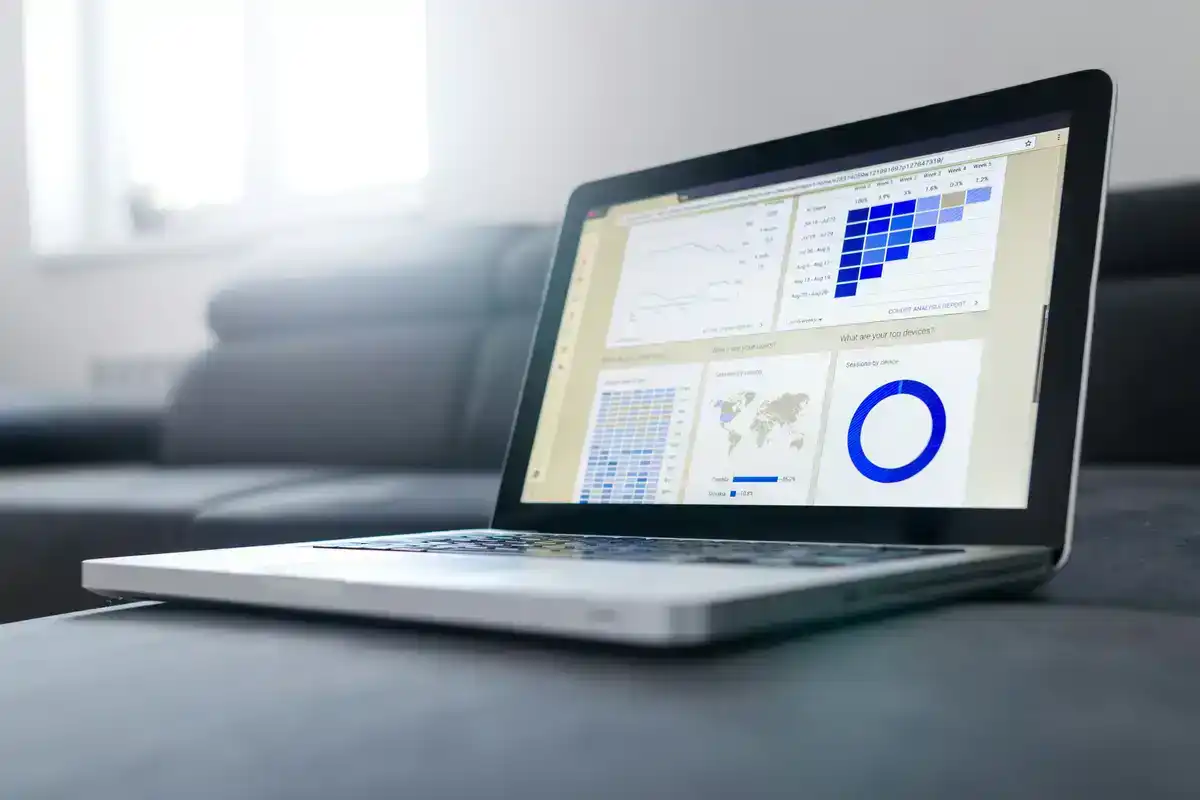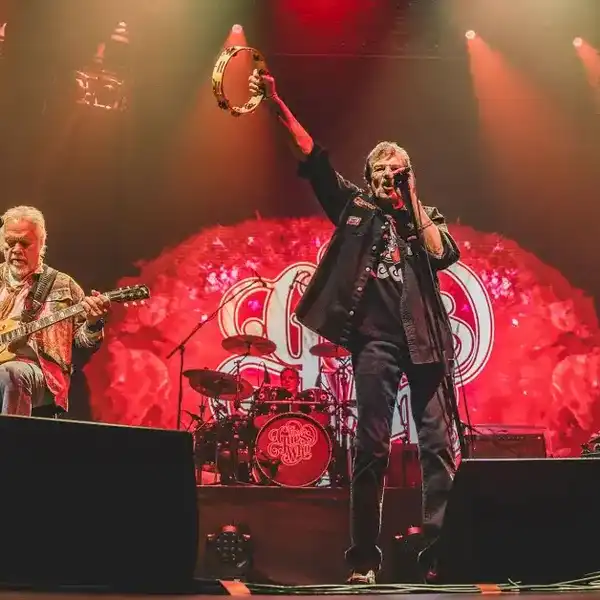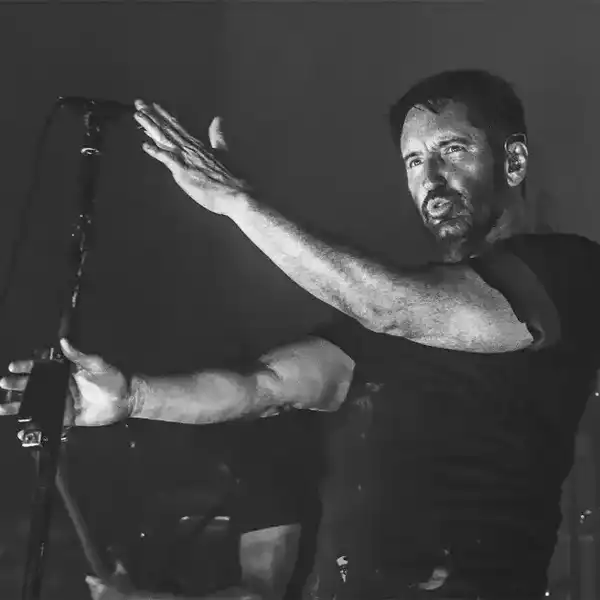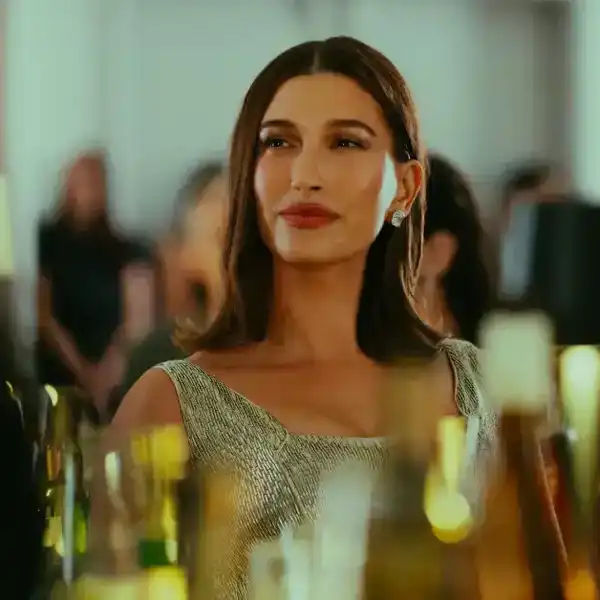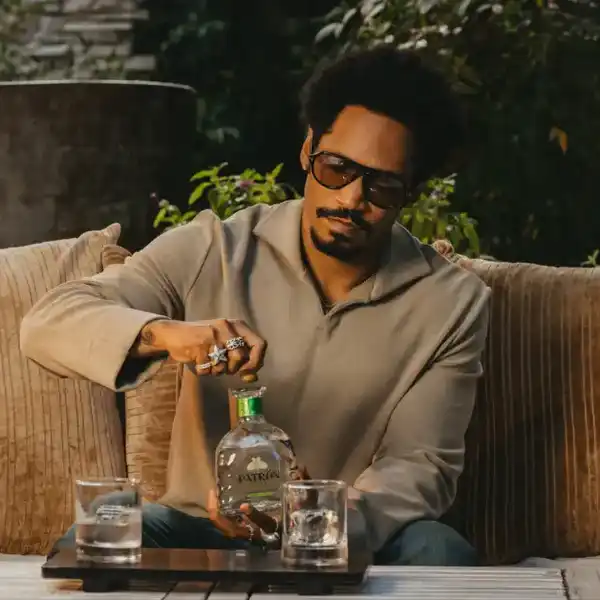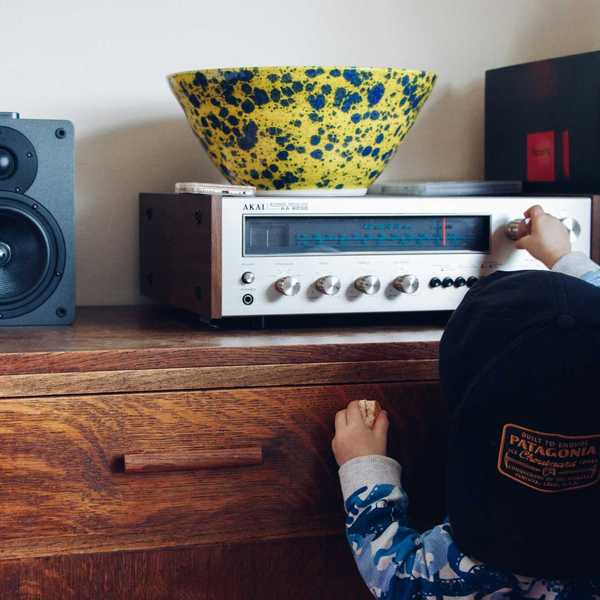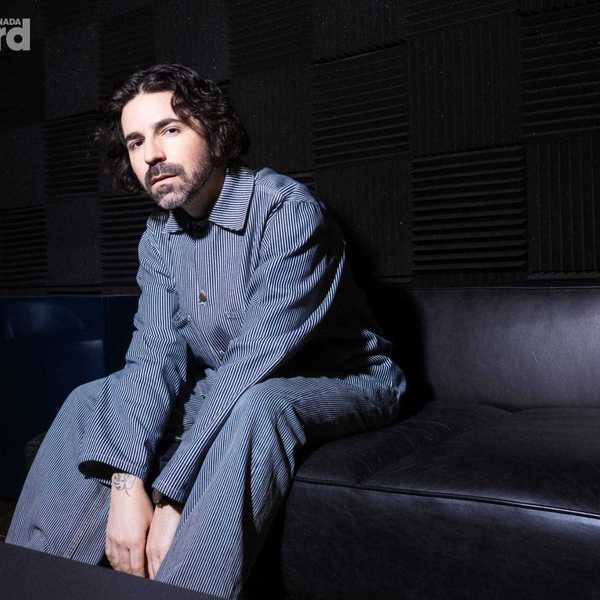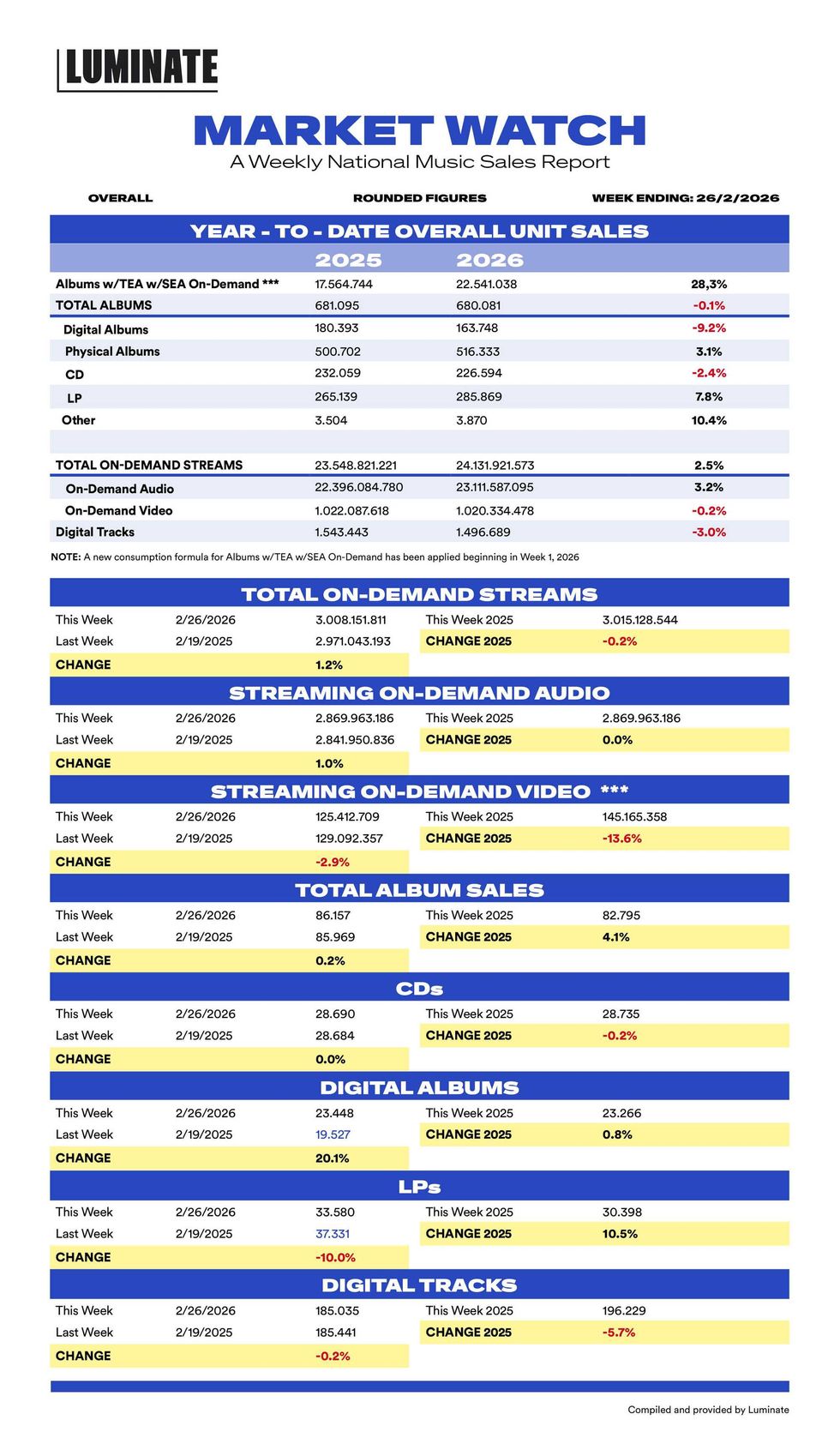What The Digital Age Means For My Music ... And My Paycheque
— The following is penned by Matt Zimbel, percussionist and leader of the Juno Award-winning world jazz band Manteca.
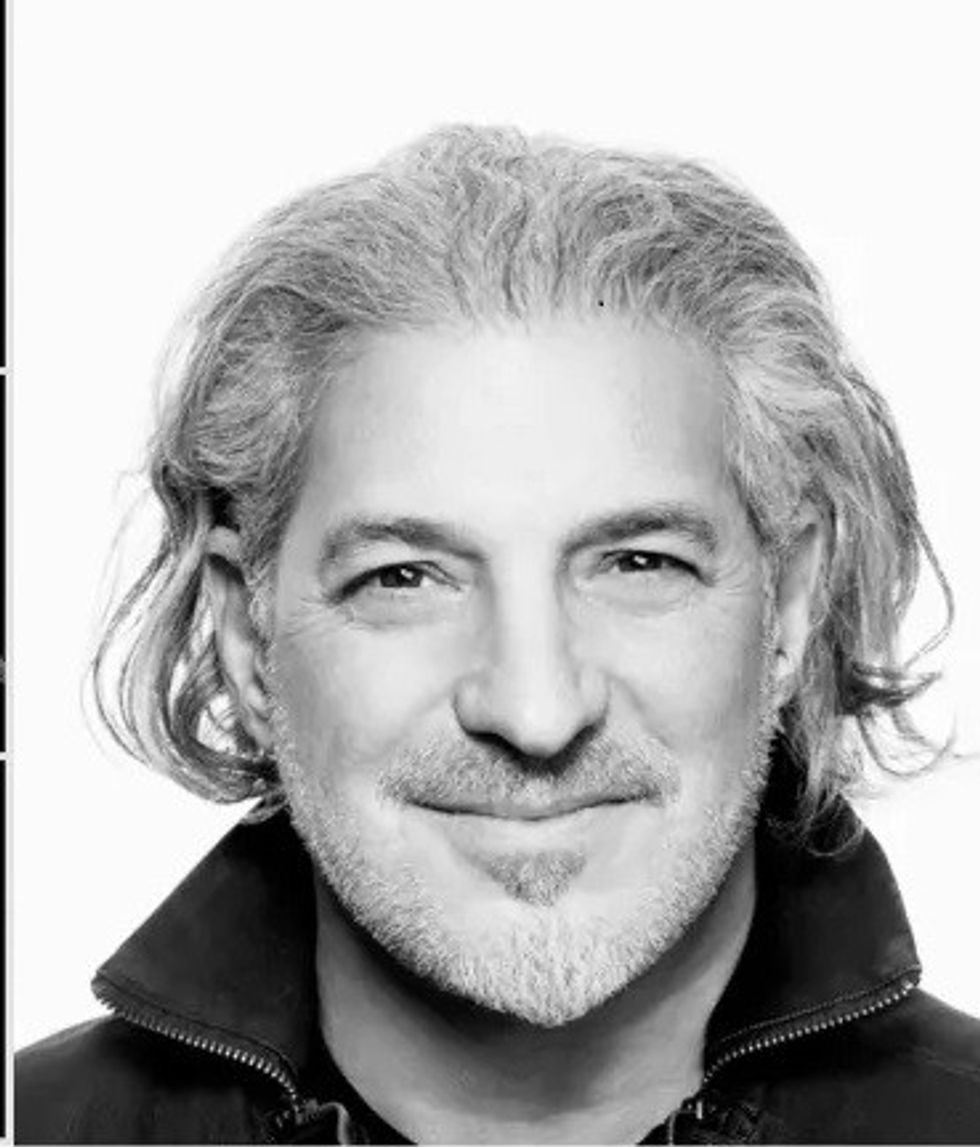
By Matt Zimbel
— The following is penned by Matt Zimbel, percussionist and leader of the Juno Award-winning world jazz band Manteca. and was originally published on the CBC Sunday Morning news website. The opinion feature is republished with the author's consent. In the past 40 years, Manteca has released 13 recordings.
"Would you like a CD?" I ask timidly, wondering if the CD will be perceived as a gift or a burden.
Does the offer make me appear old, dated, quaint, leashed to expired technology? Has a CD become the gift equivalent of a dad joke?
The intended recipient of our most recent CD shuffles his feet and stares sheepishly at his shoes. "I, um…don't have a CD player anymore, but um, thanks," he says.
"Oh, right, of course," I reply.
We had worked on this CD for two years — writing, arranging, rehearsing, raising the money, recording, mixing, mastering, developing artwork, writing liner notes, experimenting with various song orders, obsessing about the half seconds between songs, building a marketing plan. With my bandmates of the past 40 years, our objective on this CD was to tell you a story, to bring you into a sonic world, a mood, a frame of mind.
But you no longer own a CD player.
Like Bogart lighting Bacall's cigarette, you whip out your phone and open your Spotify app.
"Look! I have this!" you say.
Now, I'm sheepish.
"Oh, no worries. It's all good," I say. "I'll just send you a download. Please don't use Spotify they don't really pay us."
You see, I can pretend to be on the cutting edge of both music and friendship.
Now when I send you that download, you will receive an MP3 music file that sounds nowhere near as good as the CD. You will have no booklet to read liner notes and see pictures. I just sent you a version of our art that is vastly inferior to what we actually crafted.
You see, when we mix a song, we work diligently on the sound of each instrument and the balance of volume between instruments. Each instrument is on its own track, and there are usually about 40 tracks on each song. We carefully place each instrument in the stereo mix. It usually takes us a day to mix a song. We do this to evoke emotion in the listener — that would be you. We want you to feel a rush when we get to the chorus and the melody returns, powerful and strong. We want your hips to move when the three drummers hit what we call the "bubble," a circular rhythmic pattern that explodes when all the other instruments stop playing.
We want you to feel uplifted. We want you to be moved by the power of the music. But chances are your speakers are only 2 inches big and you're listening to an MP3, which is a very compressed or squashed file, that doesn't really represent what we produced, because you don't have a CD player anymore.
Maybe you have a digital assistant appliance.
You call out, "Alexa, play Manteca."
"I found Manteca on Amazon music," Alexa replies.
"Good girl Alexa," you say. "Now play Manteca in stereo."
"Sorry, I can't play Manteca in stereo, I only have one speaker," Alexa reminds you.
"Right," you concur.
Now, in our 41st year, we are about to release our 13th recording. The title may not surprise you. It's called Augmented Indifference and this week I had a coffee to discuss the release with our distributor who is also a dear friend.
I explained to him that I had recently come to the conclusion that the record business is more profitable than the film and television business.
He raised an eyebrow and asked, "Oh, really? How did you come to this realization?'
I explained that last week I received my royalty statements for a TV series I had created and produced. It cost $1.2 million to make and had been on YouTube for a year. My royalties, for 12 months were — are you sitting down? — .01 cent. Cent. Not even plural. No "S" required. .01 cent!
On the other hand, I got my music statement for our 11th CD recording and for only three months we got the whopping sum of .01 cents. But it was only for three months. You don't need an MBA to see how much more profitable music is!
As we were talking, my friend the distributor casually mentioned that iTunes would soon discontinue its music downloading service.
"Whoa, hang on a minute. You mean there will be no music stores and no downloading?" I asked. "How will people buy our music?"
He didn't answer. He just grimaced and took another sip of coffee.
So the digital age has given us two "gifts." The technology used for playback sounds terrible and our recorded music no longer has any monetary value.
As artists, we are taught not to pull back the curtain and share with you, the audience, our dirty laundry; the hardships of our craft. Our publicists tell us: be positive, tell a great story.
Hey, our chart numbers are off the hook. The shows? Man, standing room only. Likes are in the millions. Hit me on Insta — we're killing it!
But really, truth be known, we're not killing it, we're just dying.

